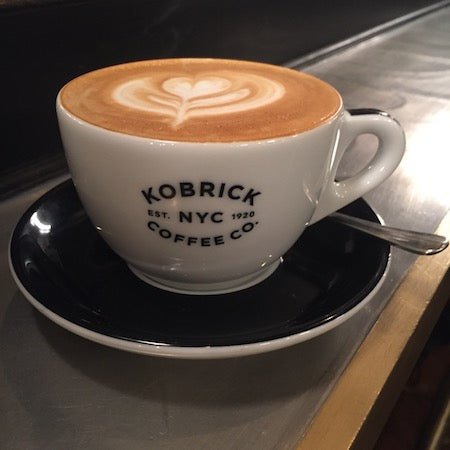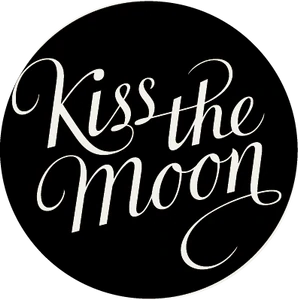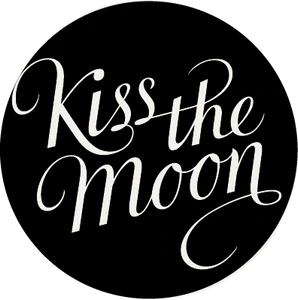HOW TO AVOID HIDDEN CAFFEINE

Caffeine is a well known stimulant that's best avoided before bed as it can make falling asleep harder to do and result in a restless night. Most notably present in coffee, tea and cola - we go on a hunt for other things that contain this wake up booster in a bid to help you know what to avoid eating and drinking before bedtime to help you get your zzzz's
How caffeine works:
Caffeine has been called the world's most consumed psychoactive drug - albeit one that's deemed safe to use in moderate quantities. It works by stimulating our Central Nervous System and its effect is to increase alertness and decrease fatigue. No wonder in today's modern life so many of us rely on it to keep us buzzing. Global consumption of caffeine has been estimated at 120,000 tonnes per year, making it the world's most popular psychoactive substance. This amounts to one serving of a caffeinated beverage for every person every day.
Natural caffeine sources - more than just coffee beans:
Around sixty plant species are known to contain caffeine. Caffeine in plants acts as a natural pesticide: it can paralyze and kill predator insects feeding on the plant and help the plant survive by inhibiting seed germination of nearby seedlings so ensuring there is enough resource nearby for the plant to thrive. The most well known source is the "bean" (seed) of the coffee plant. Loved and relied on by most of us to kickstart the day (- did you know that in the US, 90% of adults drink a cup of coffee daily?) Whether your indulgence is a double espresso or a skinny latte - it's hard to imagine 21st century life without a coffee in hand. Caffeine is also present in the leaves of the tea bush; and in kola nuts. Other sources include yaupon holly leaves, South American holly yerba mate leaves, seeds from Amazonian maple guarana berries, and Amazonian holly guayusa leaves.
Caffeine levels in coffee & tea:
Coffee beans are the main source of caffeine. Actual contents varies quote considerably by type of bean and even varies in a given bush. However it's worth knowing that Arabica coffee beans typically contain half the caffeine of the robusta variety. The other factor is the way the coffee is prepared. In general, dark-roast coffee has very slightly less caffeine than lighter roasts because the roasting process reduces caffeine content of the bean by a small amount. Even decaffeinated coffee isn't completely free of caffeine and may be enough to interfere with your sleep. In terms of tea, it's true that tea contains more caffeine than coffee by dry weight. However a typical serving, contains much less, since tea is normally brewed more weakly than coffee. Growing conditions and processing techniques also impact on how much caffeine will be present form tea to tea. Surprisingly though, teas like the pale Japanese green tea, gyokuro, for example, contain far more caffeine than much darker teas like lapsang souchong, which has very little.
Soft drinks and energy drinks - caffeine a plenty:
Caffeine is also a common ingredient of soft drinks, such as cola, originally prepared from kola nuts. Soft drinks typically contain 10 to 69 milligrams of caffeine per 12 ounce serving. Energy drinks, such as Red Bull, can start at 80 milligrams of caffeine per serving. The caffeine in these drinks can either be naturally derived from the chemically created. Many of the energy drinks are use Guarana, known for the large dose of caffeine it contains and prized for its ability to give an immediate effect. Sorry - it's in chocolate too Chocolate derived from cocoa beans contains a small amount of caffeine. A typical 28-gram serving of a milk chocolate bar has about as much caffeine as a cup of decaffeinated coffee. However, consider that by weight, dark chocolate has one to two times the amount caffeine as coffee (roughly 80–160 mg per 100 g).
Another hidden caffeine source to watch out for: Tablets and other medications
Caffeine is also present in some over-the-counter pain relievers, cold medications, and diet pills. According to health & wellness website WebMD, these products can contain as little as 16 milligrams or as much as 200 milligrams of caffeine. In fact, caffeine itself is a mild painkiller and increases the effectiveness of other pain relievers. It's often added to counter the sleepiness effects of other drugs so that can be used during the day without impacting on alertness and attention span. It's always worth checking the pack to see if anything you are taking has caffeine listed as one of the ingredients and if it does, ask your GP or pharmacist if there is an alternative version you can use at night-time.
How much is too much?
The recommended daily caffeine limit recommended in the UK is 400mg for adults - that's about 4 mugs or 8 cups of coffee a day. For pregnant women this limit should be halved. This list, provided by the UK Dept of Health and circulated by bbc.co.uk Health web pages show how much things contain:
- 1 mug of instant coffee: 100mg
- 1 mug of filter coffee: 140mg
- 1 mug of tea: 75mg
- 1 can of cola: 40mg
- 1 can of 'energy' drink: up to 80mg
- 1 x 50g bar of plain chocolate: up to 50mg
- 1 x 50g bar of milk chocolate: up to 25mg
Caffeine intake at night
An article published by the National Sleep Foundation in the US points out how long it takes for the body to get rid of caffeine. "Caffeine enters the bloodstream through the stomach and small intestine and can have a stimulating effect as soon as 15 minutes after it is consumed. Once in the body, caffeine will persist for several hours: it takes about 6 hours for one half of the caffeine to be eliminated." The official advice is to have your last caffeine loaded cuppa at least 3 hrs before you want to go to sleep. As the rate that our body processes this chemical is different for all of us, the experts recommend that it's worth spending a few nights stopping at different times to see what impact it is having on you. And don't forget the hidden caffeine that can easily add up too if you're not keeping an eye on it. Want to know more? This article by Muscles Zone gives you a handful of other reasons to quit the caffeine.


